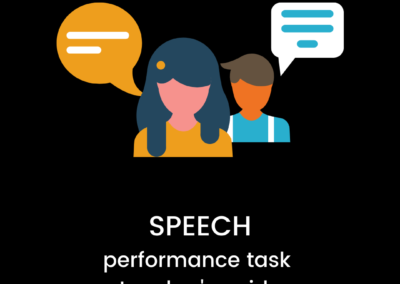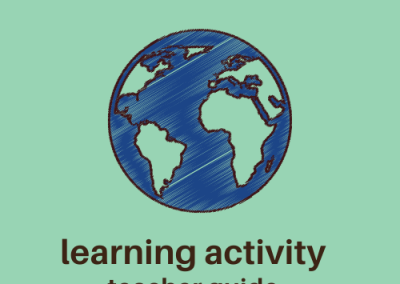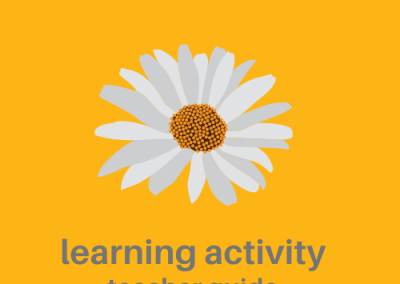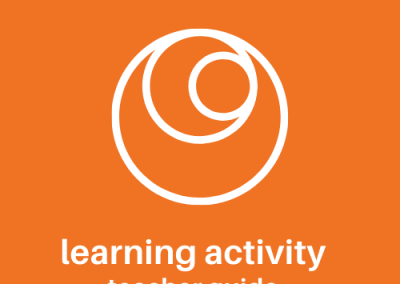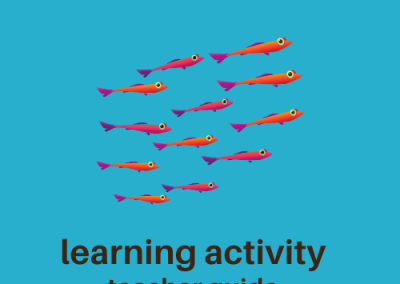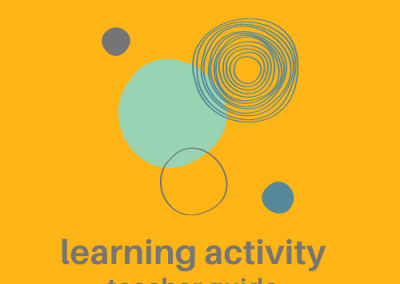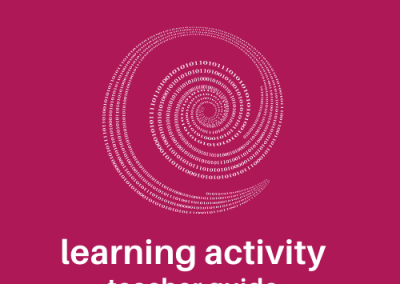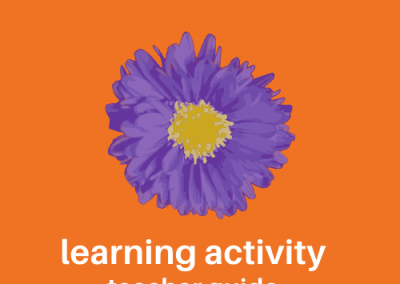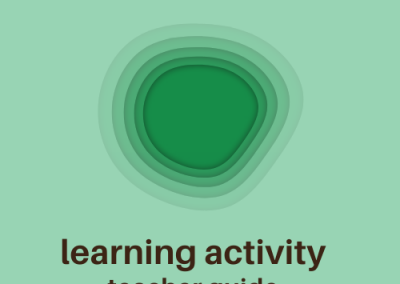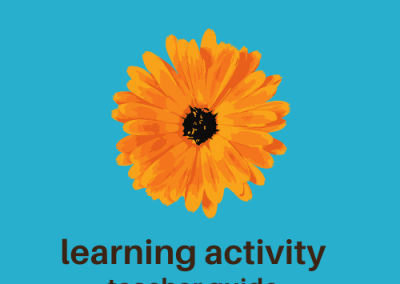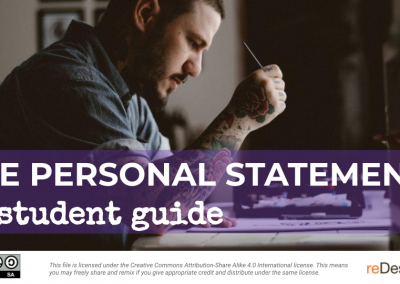Guided Peer Questions
Preparation
Create a handout, sets of index cards, or large display of generic thought- provoking questions. See attached examples of generic thought-provoking questions. • Identify and prepare the lecture, presentation, film, or text that you would like students to process through Guided Peer Questioning.
Activity Steps
1
Teacher displays or passes out a set of generic thought-provoking questions to students.
If this is a new activity for students, you will probably want to model completing these questions based on a familiar text or topic, and lead students in a discussion about how these generic sentence stems can lead to better questions. If students are familiar with this activity, you can simply distribute the generic question stems.
2
Teacher gives the lecture or presentation, or students read the target text.
Encourage students to begin generating questions as they listen or read if they think of them.
3
Individually, each student writes several questions about the content of the presentation or text using the provided generic sentence stems.
During this time, you can circulate and listen to students’ ideas and what they are noticing. You can also help them to clarify or extend their thinking.
4
In pairs or small groups, students take turns asking and answering their generated questions.
Instruct students that if their partner cannot answer a question, they should ask an easier or related question and then gradually build up to the original question again. This process will probably have to be modeled for the students until they have adequate practice at it. Also encourage students to explain concepts to their peers until everyone arrives at the same level of understanding. You may choose to allow students access to resources to answer questions they are not sure about.
5
Students reflect on their learning in writing or in conversation.
Students respond to questions such as: · How did the generic questions help you to write thought-provoking questions? · What is meant by a “thought-provoking question”? · How did writing and answering these questions help you to understand and remember the material? · How did working with a peer help you to understand and remember the material? · How did answering your peer’s questions help you to understand and learn the material? · In what other contexts might this strategy be useful to you?

